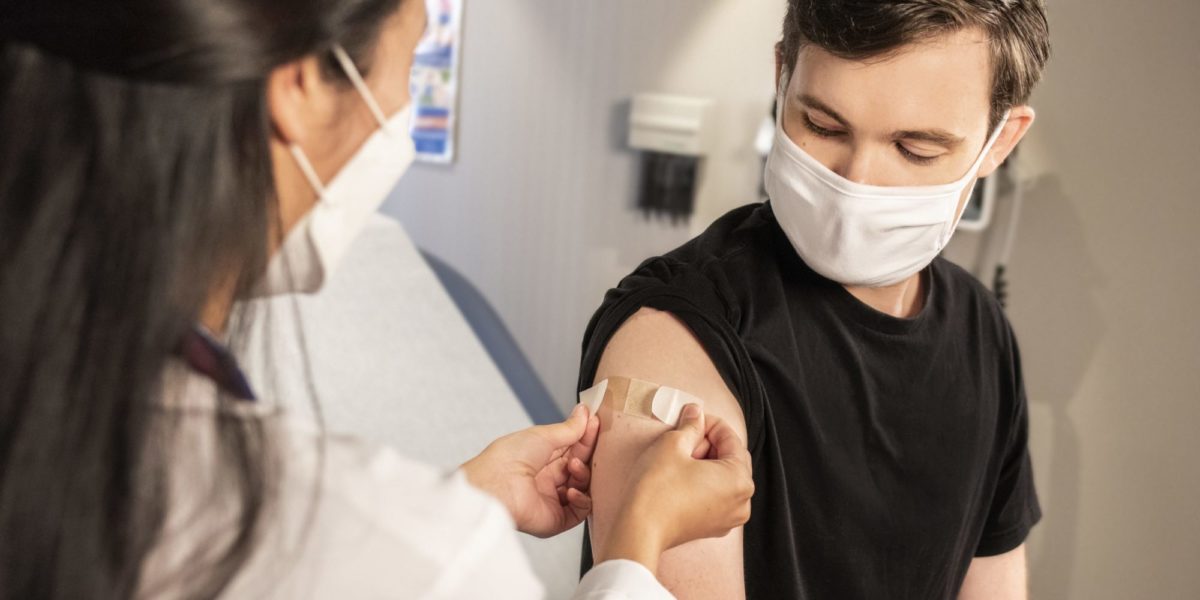Oxfam reported this week that the world’s ten richest men saw their wealth double during the pandemic – from $700 billion to $1.5 trillion–while the incomes of 99% of the world’s population dropped.
“Widening economic, gender, and racial inequalities—as well as the inequality that exists between countries—are tearing our world apart,” Oxfam declared. Meanwhile, for the second year in a row, the World Economic Forum’s Davos conference is being held virtually due to the pandemic. Billionaires and millionaires are traditionally invited to Davos to offer insights into the problems of the day, from catastrophic climate change to COVID-19. Beyond this virtual sanctum, in the real world, Oxfam notes, inequality is killing one person every four seconds.
Wealth inequality plagues the United States as well. “There must be a moral shift in this country…there must be a change in power. As Dr. King said, the real problem that we’ve always had with these issues of voting is the fear of the aristocracy of the masses of poor and low-wealth people, Black and white, coming together to vote in a way that fundamentally shifts the economic architecture of the nation,” Bishop William Barber, co-chair of the Poor People’s Campaign, said on the Democracy Now! news hour, the day after the Martin Luther King, Jr. holiday. “In fact, in 1967, Dr. King said, ‘The problems of racial injustice and economic injustice cannot be solved without a radical redistribution of political and economic power.’”
Barber has been building on King’s legacy for years, and says the path to progressive change lies in organizing poor and low-wealth people. Barber juxtaposes the swift passage of corporate-friendly COVID-19 relief bills with the recent failure to pass the Build Back Better and the voting rights legislation:
“When it came to the corporations, they got everything they asked for. They wanted $4 or $5 trillion, they got $4 or $5 trillion. Billionaires made $2 trillion in the first 20 months of COVID and are growing. When it comes to issues like poverty and voting rights, number one, we bifurcate them in a way that the forces of oppression never bifurcate. Then we keep compromising down, down, down, down, rather than fighting,” Barber said on Democracy Now! “Eventually, if we’re not careful, it would be tantamount to Frederick Douglass accepting a long weekend as an answer to slavery rather than emancipation and freedom.”
The COVID-19 pandemic has amplified inequality on a global scale. Most wealthy nations have vaccinated more than 70% of their populations, while in many poor countries, especially in Africa, the vaccination rates are still below 10%. “The global failure to share vaccines equitably is taking its toll on some of the world’s poorest and most vulnerable people,” the World Health Organization says on its website. “New variants of concern mean that the risks of infection have increased in all countries for people who are not yet protected by vaccination.” New, aggressive virus variants could appear, that don’t respect borders. While anyone remains at risk of COVID-19, we all remain at risk.
Public Citizen released a detailed report last May on how eight billion mRNA vaccine doses could be produced in one year for an estimated $23 billion, provided the patent holders like Pfizer and Moderna cooperated. Public Citizen calls the Moderna vaccine the “NIH-Moderna” vaccine, stressing the massive investment of public funds and the key role National Institutes of Health scientists played in developing that life-saving vaccine.
Vaccine profits have minted at least nine new billionaires at Moderna, BioNTech and China’s CanSino, amassing combined new wealth of over $19 billion, according to the Peoples Vaccine Alliance. Other billionaires who invested in these corporations raked in an additional $32 billion as well. Pfizer-BioNTech and Moderna (that is, NIH-Moderna) are making $1,000 per second, according to Oxfam, while billions remain unvaccinated or only partially vaccinated.
All the World Economic Forum’s Davos panels and the combined philanthropy of the world’s more than 2,755 billionaires have failed so far to vaccinate the world’s poor. That’s why a broad, global coalition has formed calling for the world’s governments to tax the rich.
“It is time to levy a wealth tax on the world’s multi-millionaires and billionaires,” Chuck Collins of the Institute for Policy Studies and the Fight Inequality Alliance, wrote, introducing their “Taxing Extreme Wealth” report. “This is not to simply raise revenue to vaccinate the world and invest in robust public health systems. But a wealth tax that is intended to save democracy from the extreme concentrations of wealth and power.”
A graduated wealth tax on people with $5 million or more would raise $2.5 trillion annually, the report calculates. Those funds could pay to contain this pandemic, invest in public health to prevent the next one, and lift millions out of poverty. Tax the rich.
This column was originally published on Democracy Now!



